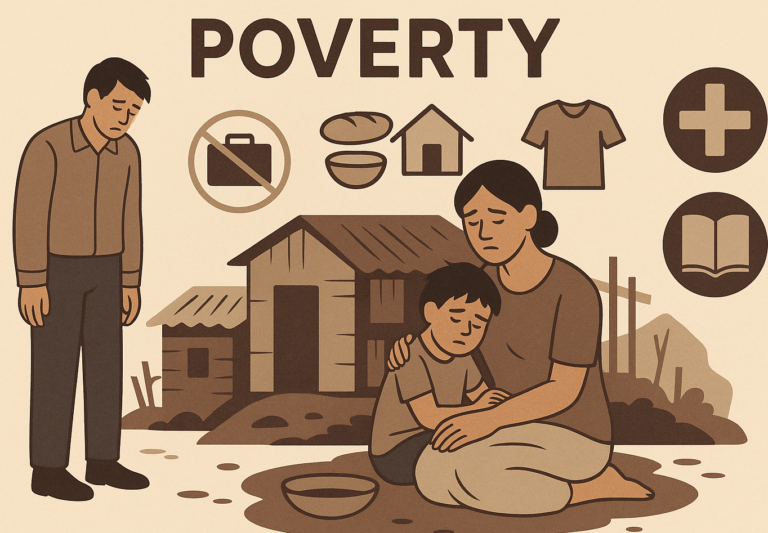Discoveries in Medicine have had a huge impact on improving human health, and two of the most important discoveries are antibiotics and insulin. These breakthroughs have saved millions of lives and changed the way we treat diseases. Let’s break down each of these discoveries in an easy way.

1. Antibiotics
What are Antibiotics? Antibiotics are special medicines used to treat infections caused by bacteria. Before antibiotics, many infections that we now consider minor could be deadly. For example, something as simple as a cut could lead to a dangerous infection, and diseases like pneumonia or tuberculosis were often fatal.
Discovery of Antibiotics:
The discovery of antibiotics is often credited to Alexander Fleming in 1928. He discovered the first antibiotic called penicillin by accident while working in his lab.
- How it happened: Fleming noticed that a mold called Penicillium was growing on a petri dish of bacteria. Where the mold was, the bacteria were being killed. This mold turned out to be the first known antibiotic: penicillin.
- Why it was important: Penicillin and other antibiotics quickly became life-saving medicines. They fight infections by killing harmful bacteria or stopping their growth, which means the body’s immune system can then heal and recover.
How Antibiotics Changed Medicine:
- Before antibiotics: Many people died from infections caused by bacteria, such as sepsis or pneumonia.
- After antibiotics: Infections became much easier to treat, surgeries became safer, and people started living longer, healthier lives.
Today, there are many different kinds of antibiotics to treat various infections, and they are among the most important medicines in modern healthcare.
2. Insulin
What is Insulin? Insulin is a hormone that helps control the amount of sugar (glucose) in the blood. People with diabetes either don’t make enough insulin or their bodies can’t use it properly, leading to high levels of blood sugar, which can cause serious health problems.
Discovery of Insulin:
The discovery of insulin is often credited to Frederick Banting and Charles Best in 1921 in Canada.
- How it happened: Banting and Best were working together to find a treatment for diabetes. They discovered that insulin, which is produced in the pancreas, could help regulate blood sugar levels. They tested it on dogs and saw it worked to lower blood sugar levels.
- Why it was important: Before insulin was discovered, diabetes was a deadly disease. People with diabetes often died because their bodies couldn’t control their blood sugar levels, and there was no way to treat it effectively.
How Insulin Changed Medicine:
- Before insulin: People with diabetes could only manage the symptoms through strict diets, and many did not survive for long after being diagnosed.
- After insulin: Insulin became the life-saving treatment for diabetes. People with diabetes could now live longer, healthier lives by injecting insulin to control their blood sugar levels.
Now, insulin is used daily by millions of people with diabetes, and there are many different types of insulin available for various needs.
Why Are These Discoveries So Important?
- Antibiotics changed medicine by making it possible to treat bacterial infections that used to be fatal. They’ve saved millions of lives and made surgeries and other treatments safer.
- Insulin changed the lives of people with diabetes, making it possible for them to live normal lives instead of facing a life-threatening condition.
Both of these discoveries are perfect examples of how scientific research and curiosity can lead to breakthroughs that transform healthcare and improve people’s lives.
In short, antibiotics and insulin are two of the greatest discoveries in medicine that have saved countless lives, helped manage diseases, and changed the way we think about health and treatment.








